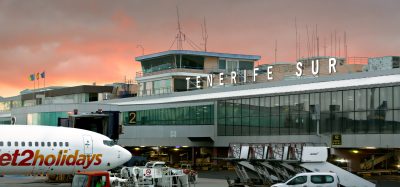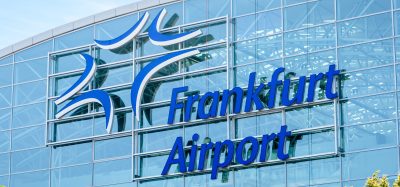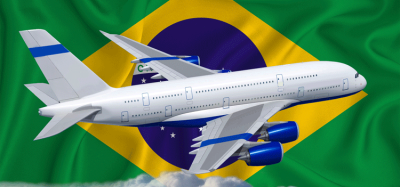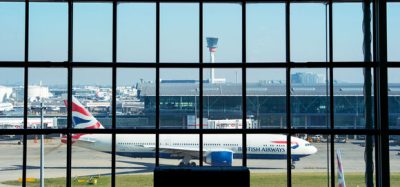IATA claims paint a distorted picture of airports says ACI Europe
- Like
- Digg
- Del
- Tumblr
- VKontakte
- Buffer
- Love This
- Odnoklassniki
- Meneame
- Blogger
- Amazon
- Yahoo Mail
- Gmail
- AOL
- Newsvine
- HackerNews
- Evernote
- MySpace
- Mail.ru
- Viadeo
- Line
- Comments
- Yummly
- SMS
- Viber
- Telegram
- Subscribe
- Skype
- Facebook Messenger
- Kakao
- LiveJournal
- Yammer
- Edgar
- Fintel
- Mix
- Instapaper
- Copy Link
Posted: 7 October 2021 | International Airport Review | No comments yet
Airports in Europe have seen revenues collapsing by 60 per cent in 2020 and by 65 per cent in the first half of 2021
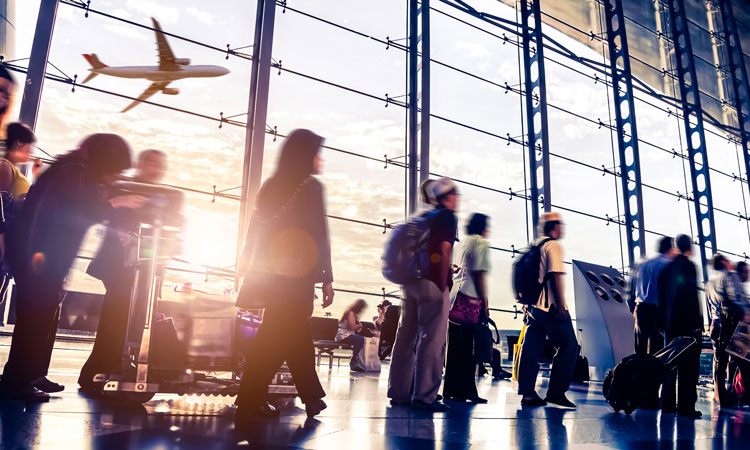

ACI Europe has said that IATA has painted a distorted and flawed picture of the airport industry in their recent press release, claiming that increases in charges at airports place the burden of the recovery exclusively onto airlines. The claim was made that this would stall recovery in air travel and damage international air connectivity.
ACI Europe has said that this damaging assertion ignores the dire situation of Europe’s airports:
- Airports in Europe have seen revenues collapsing by -60 per cent in 2020 and by -65 per cent in the first half of 2021. Due to the predominantly fixed nature of their costs, airports have been unable to reduce them in parallel with falling revenues1. Rating agencies and financial analysts have recognised that Europe’s airports have no margin for further cost reductions2.
- Just like airlines, Europe’s airports have posted historic losses in this crisis. But unlike most prominent IATA member airlines based in Europe, they have not benefitted from the same financial largesse from their governments. As a result, they have had no recourse but to take on massive debt at market conditions. Europe’s airports gross financial debt has so far increased by +200 per cent compared to 2019.
- While air traffic has started to pick up since June, financial prospects remain bleak – as most of Europe’s airports are facing a cost-intensive and revenue weak recovery. This results from the need to scale up facilities and services to accommodate peaks in airlines’ own schedules while overall volumes still fail to generate the revenues required to cover costs. This is also a consequence of the generous airport slot usage waivers granted to airlines, which results in unused capacity. These factors are particularly hurting the large and hub airports.
- As a result of the above, Europe’s airports are now facing an investment crunch and many will simply not be able to financially recover without increasing charges – unless governments would be willing to step in and compensate airports for not doing so.
By requesting systematic freezes or reductions in airport charges, IATA is said to be forcing airports into further financial distress to the exclusive benefit of airlines, according to ACI Europe. Frozen or lower airport charges would not prevent airlines from exercising their pricing power over consumers and raise air fares.
Recent Eurocontrol data shows that this is already happening – and this is a realistic prospect moving forward considering the supply pressures stemming from significantly downsized airline fleets. This was even recently stated by the CEO of Ryanair3.
In that context, it is important to stress that all major airports in Europe are already tightly regulated, with regulator’s focus usually airport affordability for airlines rather than consumer interest and sustainability. This will need to change.
Olivier Jankovec, Director General of ACI EUROPE, said: “We should ultimately remember that airlines can afford to pay airport charges. Airlines only pay airports if they operate, and only weeks after they have collected revenue from passengers. Airlines are ill-placed to give us a lesson in preserving the interests of customers, when they refused for months to refund passengers for flights that could not take place, with some still dragging their feet to do so. The intervention of the European Commission on this is telling.
“The long-term recovery of the air transport eco-system will be secured through stabilising and further stimulating demand. These objectives are core to airports’ pricing structures with over 95 per cent of Europe’s airports routinely offering rebates and incentives to airlines. Focusing on investment in sustainable infrastructure will be essential in the recovery as part of the Building Back Better agenda. This calls for increased cooperation and long-term alignment between all air transport eco-system partners, rather than short-term unilateral actions at the expense of others.”
References:
[1] In H1 2021, operating costs decreased by -37% compared to H1 2019.
[2] “The ability of (European airports) to further reduce operating costs and investment is limited” – Moody’s (8 June 2021)
[3] https://www.reuters.com/business/ryanair-ceo-sees-significantly-higher-plane-ticket-prices-next-summer-2021-09-16/
Related topics
Aeronautical revenue, COVID-19, Economy, Regulation and Legislation
Related airlines
Related organisations
Airports Council International Europe (ACI Europe), International Air Transport Association (IATA)



